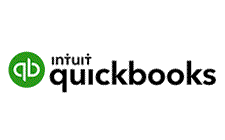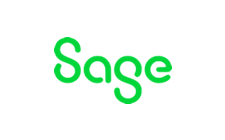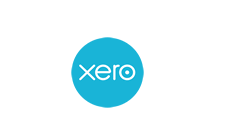No HICBC reform: a closer look
The 2024 Autumn Budget made headlines for a number of reasons, but behind the flagship announcements was an important confirmation that planned reforms to how families are subject to the child benefit clawback will be scrapped. What’s the full story?

Background
The high-income child benefit charge (HICBC) has been controversial since its introduction. For one thing, it is assessed on the higher earner, irrespective of whether they are the claimant. This has led to a number of instances where couples who don’t necessarily share financial information between them have been hit with unexpected bills and (in some cases penalties). HICBC has also been criticised for unfairly punishing single-income claimants because it only takes into account the higher earner’s income, not total household income.
Example. For 2024/25, A and B claimed child benefit of just over £2,300. B is currently on extended leave and did not work during the year. A is working full time and, with their annual bonus, have exceeded £80,000. HICBC will apply and clawback the £2,300 in full. C and D also claimed the same amount of benefit. However, both worked during 2024/25 earning just under £60,000 each. There will be no clawback, even though as a household their income is £40,000 higher than A and B.
Reform
The previous government acknowledged this problem, and announced that it would consult on how to reform the HICBC rules to base it on household income.
This plan has now been scrapped by the incoming government. Advise clients to review income sharing arrangements, e.g. rental income, savings, profit extraction, to preserve entitlement.
Instead, the government is focusing on improving collection of the charge. Employees subject to the charge will be able to pay it via a PAYE code adjustment instead of needing to complete a tax return from 2025/26. This will remove the risk of failure to notify and late filing penalties being applied for some claimants.
Related Topics
-
Planning ahead for pension salary sacrifice changes
From 6 April 2029, both employers and employees will be required to pay Class 1 NI on pension contributions in excess of £2,000 made through a salary sacrifice arrangement. What can you do about it?
-
Marginal relief - responding to an HMRC nudge letter
HMRC is running a campaign to clamp down on incorrect claims for corporation tax marginal relief (MR). In what circumstances might you be challenged by HMRC and how should you respond?
-
Can you claim input tax on costs linked to electric cars?
Your business intends to go green and buy new electric cars. Can you claim input tax on the purchase of the vehicles and their subsequent fuel costs? Additionally, what recent change has been announced by HMRC?






 This website uses both its own and third-party cookies to analyze our services and navigation on our website in order to improve its contents (analytical purposes: measure visits and sources of web traffic). The legal basis is the consent of the user, except in the case of basic cookies, which are essential to navigate this website.
This website uses both its own and third-party cookies to analyze our services and navigation on our website in order to improve its contents (analytical purposes: measure visits and sources of web traffic). The legal basis is the consent of the user, except in the case of basic cookies, which are essential to navigate this website.